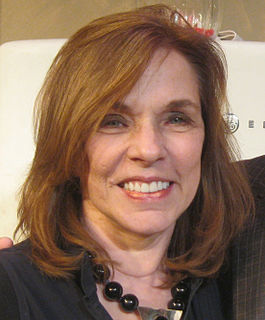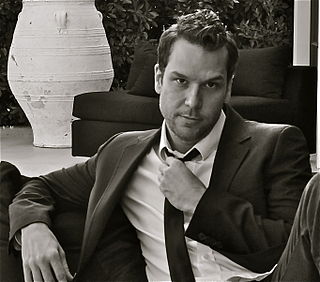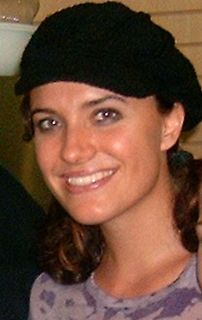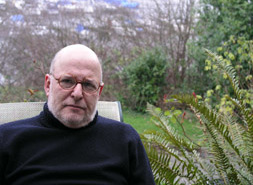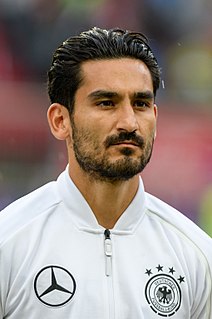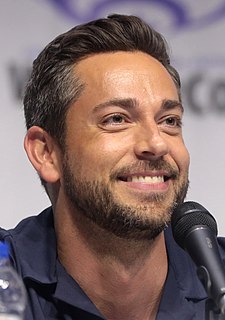A Quote by Craig Mazin
As writers, our job is to try to create, in a fake space, something that feels true. That's just straight-up fiction: Invent a character that doesn't exist; make them seem like they do.
Related Quotes
We have to hear the stories of women at all ages of their lives in order to really present a picture of what it felt like to be alive in our time. That's what our job is as writers is to present that and create it. Our job as writers isn't to make as much money as we can. Our job is to create a record of this time. That's why if you leave out women and the stories of women, we failed at our mission. All of us. Men and women.
My advice is: to try and stay really true to the things that make YOU laugh, as opposed to trying to create a character that you think is funny. Some comedians get into bad habits when they are trying to create something that is not them, and they are trying to write a voice that isn't their true voice.
Generally, we use light to illuminate other things. I like the thingness, the materiality of light itself. So it feels like it's occupying the space, making a plane, being something that was there, not just passing through. Because light is just passing through. I make these spaces that seem to arrest it for our perception.
We writers – and especially writers for children, but all writers – have an obligation to our readers: it's the obligation to write true things, especially important when we are creating tales of people who do not exist in places that never were – to understand that truth is not in what happens but what it tells us about who we are. Fiction is the lie that tells the truth, after all.
Narco fiction novels have a reputation, at least here in Mexico among some of the writers I know, of being somewhat rushed productions, usually written in one way or another like crime thrillers, with something cheesily exploitative about them. It feels exploitive - taking this horrible and ongoing tragedy and trying to turn it into something entertaining. Or trying to turn it into something that might earn the writer a reputation of the sort that many writers believe they aspire to. Or earn them money.
We all have to show up and do our job regardless of our life circumstances or situations. We don't have to do it with an attitude or whatever but maybe we do that day. Everyone understands that life happens and we have to create a whole other life where our life doesn't even exist. You know, our real life doesn't exist, these characters exist. And that is our life. And that's who we are.
The novel is a big space, and a lot can happen. Just think about the parts of your life. How do we account for our own contradictions? The only way to understand them is to let them exist, as truths that indicate something about character. People are built of elements that don't fit together - and the conflict of that is their essential drive.
This fact was something I also learned from this first novel that I needed personal experience to invent, to fantasize, to create fiction, but at the same time I needed some distance, some perspective on this experience in order to feel free enough to manipulate it and to transform it into fiction. If the experience is very close, I feel inhibited. I have never been able to write fiction about something that has happened to me recently. If the closeness of the real reality, of living reality, is to have a persuasive effect on my imagination, I need a distance, a distance in time and in space.

